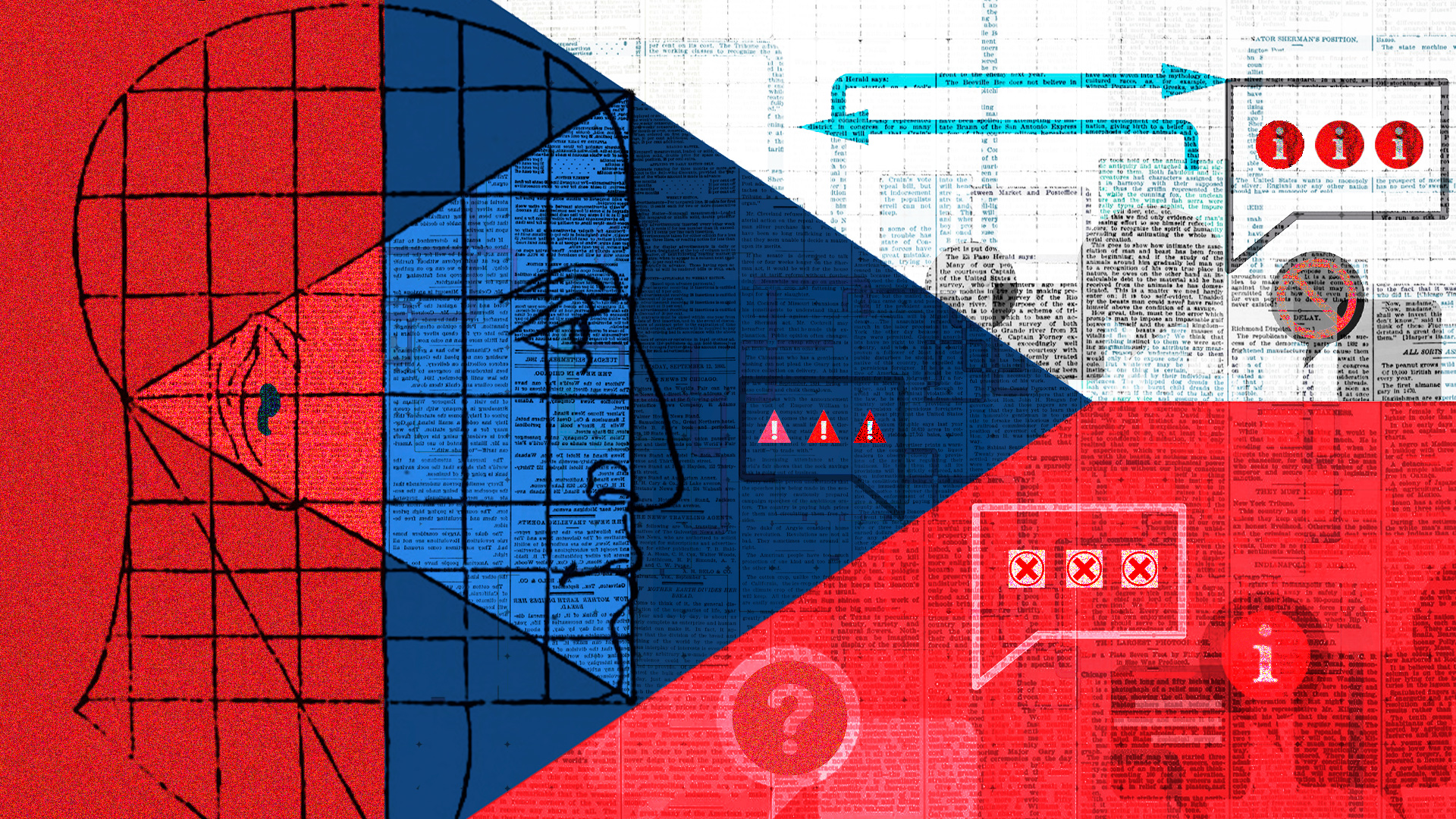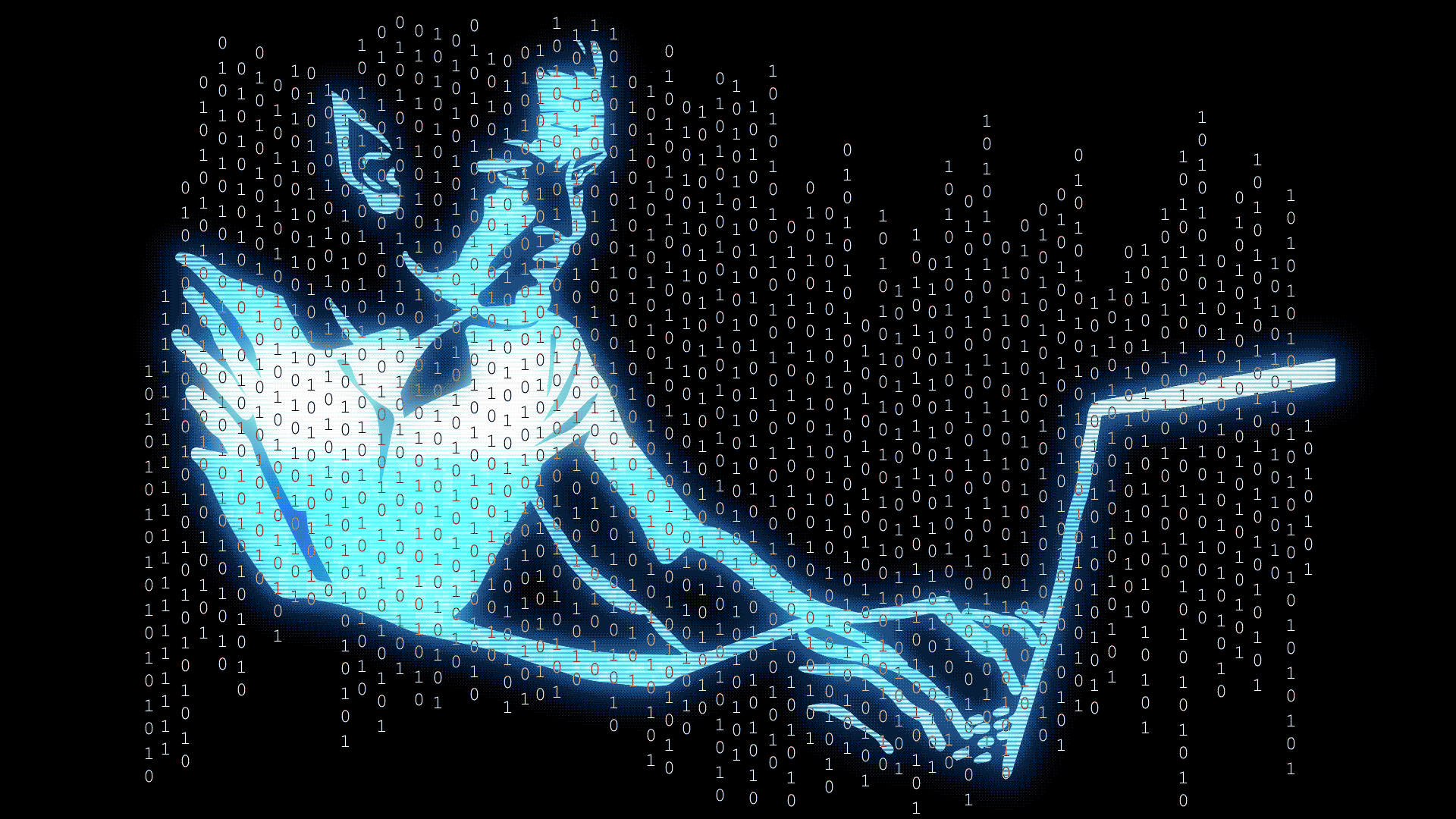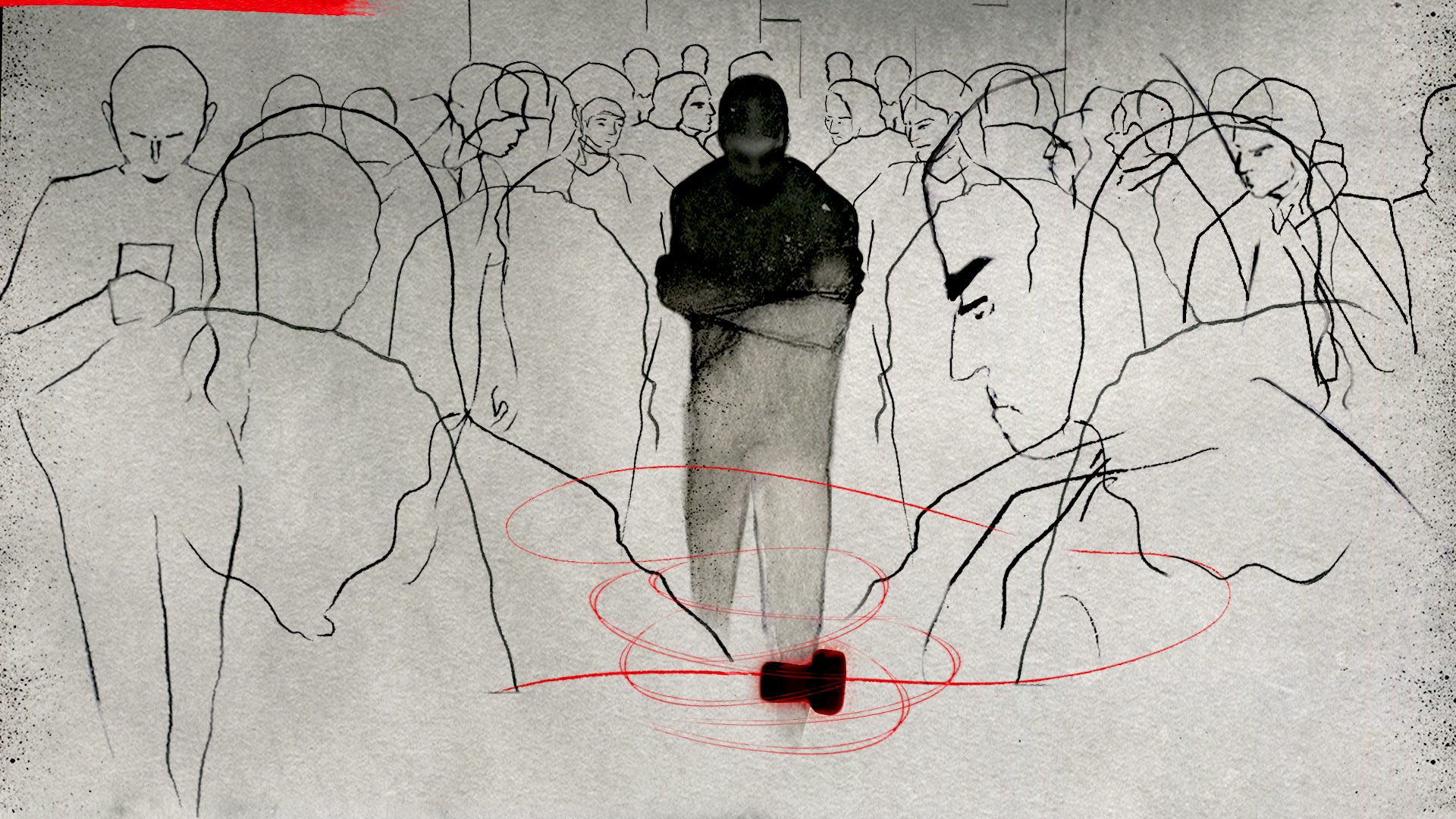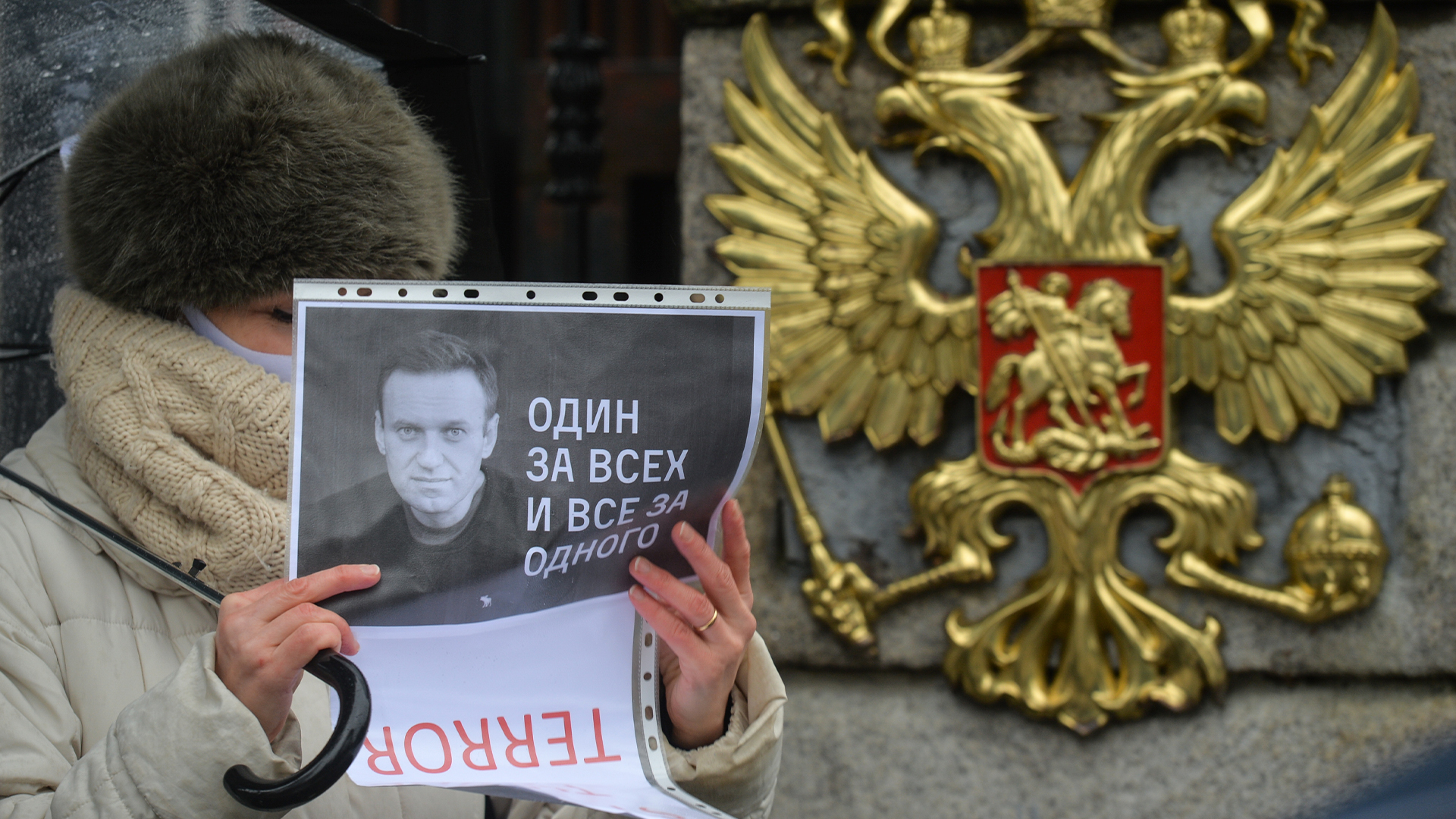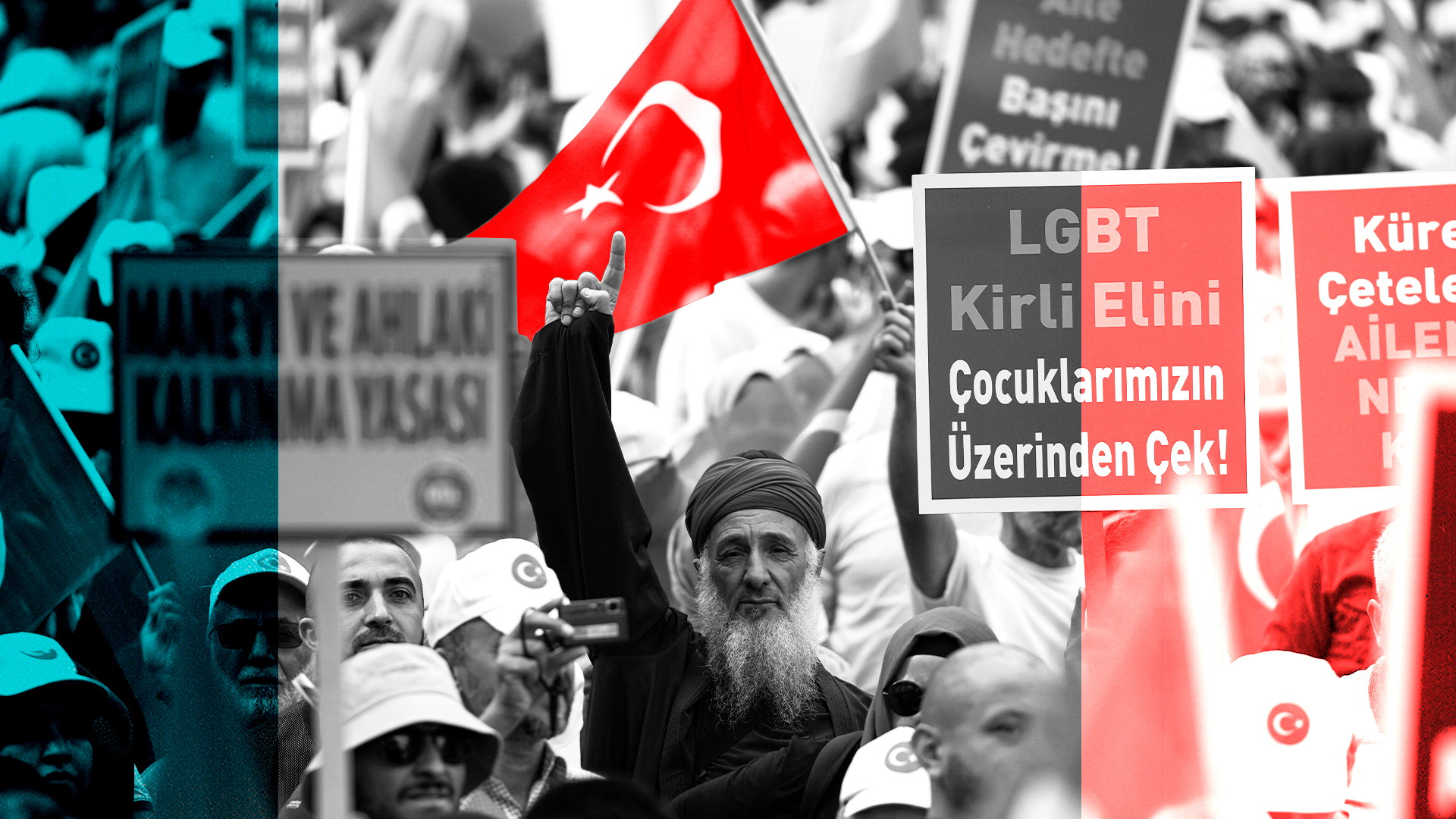In late January, a presidential candidate in the Czech Republic had to publicly declare that he was still alive. “I never thought I would have to write this on the web,” Petr Pavel, who would go on to win the presidential election, posted on Twitter after a disinformation campaign circulated a false announcement of his death.
Disinformation in the Czech Republic has boosted vaccine skepticism and whittled away at public support for the government’s pro-Ukraine policies. Although the country has been targeted by Chinese and Russian disinformation, much of the information pollution that seeps into peoples’ homes is generated by around 39 Czech websites. The people behind these platforms seek a mix of advertising profits and societal influence, undermining legitimate news outlets and eroding trust between the electorate and the government in the process.
Despite having a vibrant news landscape with audiences engaging with TV and print journalism, significant numbers of Czechs have been swayed by pro-Russian narratives. It’s a situation connected to both the history of the country, which was under communist rule until 1989, and to the success of disinformation campaigns targeting societal fears. The war in Ukraine and the uncertainty it has created across the region have exacerbated the spread of false narratives.
The situation has become so bad that countering disinformation and strengthening public media became important campaign promises for Prime Minister Petr Fiala in the 2021 election, but have resulted in largely failed policies.
Disinformation experts point to several reasons for this outcome. Fiala leads a five-party coalition government, which can find little consensus on how best to counter disinformation. Moves to tackle false narratives have also been met with concerns about censorship and free speech, even from within Fiala’s own party, the Civic Democratic Party. When the government asked Czech internet services to block eight websites known to push out pro-Russia narratives following the Russian invasion of Ukraine, it energized Fiala’s opponents who believed the move signaled an authoritarian bent.
More urgent issues, such as energy prices, have diverted government attention from efforts to counter disinformation. And a lack of consistent action by social media companies, which play a pivotal role in the spread of disinformation in the Czech Republic, has fueled apathy. In late March, the government of the Czech Republic, along with allies from across Central and Eastern Europe, sent a letter to tech firms urging them to do more to counter disinformation by rejecting revenue from sanctioned individuals and boosting accurate information through its algorithms.
“Until the end of this winter, the Czech government was running in crisis mode” because of the neighboring war in Ukraine, said Jonas Syrovatka, a researcher at Masaryk University in the south of the Czech Republic. He added that there has been a “lack of political courage” to make substantive policy changes.
The effects of disinformation on Czech society are hard to miss. Not only has information pollution affected vaccine uptake, it has also drawn people onto the streets in anti-government demonstrations. Spurred on by narratives that Fiala’s government is putting support for Ukraine ahead of the welfare of Czech citizens, over 70,000 people turned out to protest in September 2022. Scattered among the crowd were individuals who subscribed to pro-Russian narratives and called for an end to sanctions against Russia. Veronika Kratka Spalkov, a disinformation specialist at the European Values Centre for Security Policy, told me the demonstrations aimed to “create a gap between Czech citizens and Ukrainian refugees” in particular.
A promising step by the Czech government in the battle against disinformation came in March 2022 with the creation of a position of media and disinformation commissioner. But from the outset, there was confusion about the role, which combined two portfolios — strategic communication and disinformation. Soon after becoming the first commissioner, Michal Klima led a small team that drafted an action plan to increase the effectiveness of proposed laws that would shut down government-identified disinformation websites when there was an immediate threat to national security. The plan also proposed increasing financial support for anti-disinformation nonprofits working in media education and cutting off the advertising that the government spends on websites that engage in disinformation.
The path to government advertising on disinformation is a complicated one: State-owned companies, such as the Czech post office, would buy so-called “programmatic advertising” packages from organizations such as Google while not knowing where the ads will appear. In the Czech Republic, disinformation sites can have a high volume of traffic Spalkov told me.
Shortly after Klima’s action plan was circulated, it was denounced by disinformation hawks and perceived by a distrustful electorate as a government attempt to censor the media and curtail free speech. Almost as soon as Klima was hired, the media and disinformation commissioner role was scrapped by the government and the disinformation portfolio was moved to the jurisdiction of the government’s national security advisor.
Disinformation in the Czech Republic is complex and dynamic, according to Syrovatka, the researcher from Masaryk University. It usually originates on free-access websites whose anatomy is wholly composed of false information. It is then amplified across social media. Telegram has also become an important platform for disinformation circulation.
The Czech Republic is also host to a novel mechanism for the spread of disinformation: email chains. With around one-third of the Czech population receiving these threads straight into their inbox, they have been effective in creating hysteria around key issues such as vaccines and migration. This method of communication has become popular among older people and allowed Czech disinformation to bypass mainstream media and successfully appeal to a receptive audience. “We have a chain email problem, and I think we are the only country in the world with this problem,” Veronika Spalkova of the European Values Centre for Security Policy, told me. “These emails target peoples’ emotions, and they play a role in important events in this country.”
It’s not just email chains, text messages laden with disinformation have been successful in fueling hysteria. In early January, people in the Czech Republic began to receive messages that claimed to be from Petr Pavel, the presidential candidate. The content falsely said that they were being mobilized to fight in Ukraine, and it set off enough panic to warrant a response from the police.




